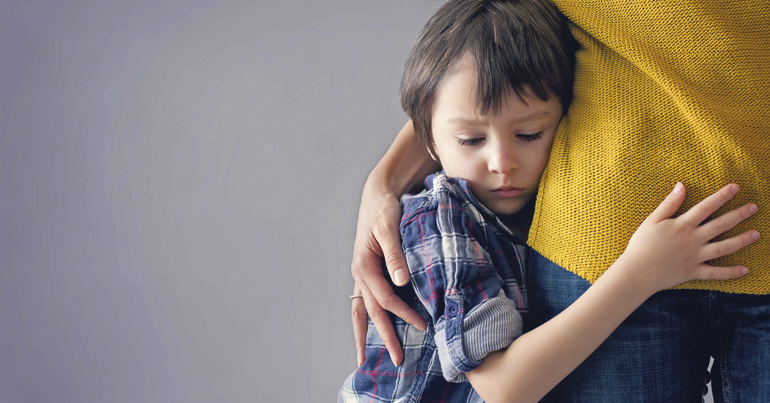M.A. Marriage and Family Therapy: Trauma Studies Specialization
Students in the master’s in Marriage and Family Therapy: Trauma Studies degree program at Pacific Oaks College will gain trauma counseling expertise, which will help in understanding and addressing issues of violence, neglect, assault, and abandonment in the context of individuals and the community. Upon completion, graduates will be prepared to work in mental health facilities, veterans’ hospitals, gang intervention programs, continuation schools, immigrant detention centers, and domestic and child abuse centers.
Through partnerships with clinics and community-based organizations throughout the greater Los Angeles, Pasadena, and San Jose areas, students in this marriage and family therapy master’s program receive intensive supervised field experience that can help prepare them to move directly into the workforce as a Marriage and Family Therapy Associate after graduation.
Other Marriage and Family Therapy Specializations
Licensure
The master’s in MFT programs satisfy all of the requirements of SB 33 and the Board of Behavioral Sciences (BBS) (Business and Professions Code Sections 4980.36c, d e 4980.39, 4980.40, and 4980.41).
Pacific Oaks’ Marriage and Family Therapy degree programs prepare graduates to sit for the California MFT exam and to earn a Marriage and Family Therapist License awarded by the California BBS.
Licensed Professional Clinical Counselor Specialization
Students wishing to qualify additionally for licensure as a Licensed Professional Clinical Counselor (LPCC) in the state of California may do so via selection of the LPCC Specialization, which requires a total of 280 face-to-face clinical training hours before graduation and includes the following courses, totaling 5 credits:
- MFT 670 Career Development Theories and Techniques (3 credits)
- MFT 681 Advanced Topics in Addictions Counseling (1 credit)
- MFT 683 Advanced Topics in Psychopharmacology (1 credit)
MFT Fieldwork Requirements
Students must complete 225 hours of the pre-graduate portion of the 3,000 supervised hours required for the California MFT licensing exam to qualify for graduation. Most students secure clinical training placements within community agencies in California in the Los Angeles, Pasadena, and San Jose areas.
Sample Marriage and Family Therapy Trauma Studies Courses
Culture, Attachment, and Trauma
Poly-victimization and the cumulative effects of multiple trauma experiences are examined from the perspective of attachment theory, neurobiological development, and affect regulation. This trauma studies course will critically address the context of poverty, culture, gender, community neglect, and isolation as key domains in relation to understanding the cultural manifestations of assessment and treatment of trauma for individuals and communities. In addition, this course uses mindful approaches in addressing participants’ cultural worldview, value systems, and lived cultural identity development to assess how it informs perceptions of trauma in diverse communities. An overview of the history of trauma theory and contemporary directions in theory, research, and practice will be included. The works of Bowlby, Siegel, Levine, van der Kolk along with a selected group of early and contemporary theorists will be examined in this course. This is a seminar course in which each student will actively lead a discussion on a major theorist.
Immigration Trauma
The experience of trauma during the immigration process is not uncommon and can result in impaired individual and family functioning. Immigration trauma and the stressors of acculturation can have a cumulative effect on the individual and the family. The experiences of family disruption and family separation, migration violence, undocumented immigration status, political refugee status and human trafficking will be examined in this course. The resulting symptomatology of grief and loss, deportation anxiety, separation and attachment issues, changing family systems, cultural adaptation and the acculturation process will be identified, explored and discussed in this course in regards to assessment issues and clinical treatment strategies. The sociopolitical context of the immigration experience both with immigration documents and without immigration documents will be examined, and the stressors related to the acculturation process will be integrated into the learning within this course.
Admission Requirements
- Demonstrated commitment to the mission and values of Pacific Oaks College
- Completed application for admission
- Application fee
- Bachelor’s degree from a regionally accredited institution
- Resume
- Personal statement
- Official transcripts from all institutions attended
- Two letters of recommendation; one must be from a current or previous supervisor
- Interview
- Essay for specialization

